Introduction
Loss of appetite, or anorexia, is a common issue affecting people of all ages. It can be a temporary condition due to stress or illness, but it can also be a chronic problem related to underlying health issues. Understanding the causes, effects, and potential solutions for loss of appetite can help individuals address this issue more effectively and maintain overall health.

Causes of Loss of Appetite
- Physical Health Conditions
- Infections and Illnesses: Common colds, flu, and other infections can lead to a decreased desire to eat.
- Chronic Diseases: Conditions like cancer, heart disease, and kidney failure can significantly reduce appetite.
- Digestive Disorders: Issues like irritable bowel syndrome (IBS), Crohn’s disease, and ulcers can cause discomfort that leads to a lack of interest in food.
- Medications: Some medications, including antibiotics, chemotherapy drugs, and certain painkillers, can cause nausea and loss of appetite as side effects.
- Mental Health Factors
- Depression: A major depressive disorder often results in a loss of interest in eating.
- Anxiety: High levels of stress and anxiety can affect appetite.
- Eating Disorders: Conditions like anorexia nervosa and bulimia involve a pathological fear of gaining weight, leading to a significant decrease in food intake.
- Lifestyle and Environmental Factors
- Poor Sleep: Lack of adequate rest can disrupt the body’s hunger signals.
- Sedentary Lifestyle: Low levels of physical activity can reduce appetite.
- Environmental Stressors: Significant life changes, such as moving to a new place or starting a new job, can temporarily affect appetite.
Effects of Loss of Appetite
- Nutritional Deficiencies: Consistently eating less than needed can lead to deficiencies in essential vitamins and minerals, weakening the immune system and overall health.
- Weight Loss: Unintentional weight loss can occur, leading to muscle loss and decreased physical strength.
- Fatigue and Weakness: Lack of adequate nutrition can cause chronic tiredness and reduced energy levels.
- Mental Health Impact: Persistent loss of appetite can worsen mental health conditions, creating a vicious cycle.
Solutions for Managing Loss of Appetite
- Medical Intervention
- Consultation with Healthcare Providers: If the loss of appetite is persistent, it is crucial to seek medical advice to rule out serious underlying conditions.
- Medication Adjustments: For those whose loss of appetite is medication-induced, doctors might adjust dosages or switch prescriptions.
- Dietary Strategies
- Small, Frequent Meals: Eating smaller, more frequent meals can be less overwhelming than trying to consume large portions.
- Nutrient-Dense Foods: Focus on foods rich in nutrients and calories, like nuts, seeds, avocados, and smoothies.
- Flavor Enhancements: Adding herbs, spices, and sauces can make food more appealing and palatable.
- Lifestyle Modifications
- Regular Exercise: Engaging in regular physical activity can naturally stimulate appetite.
- Adequate Rest: Ensuring sufficient sleep can help regulate hunger hormones.
- Stress Management: Techniques like meditation, yoga, and mindfulness can reduce stress and improve appetite.
- Psychological Support
- Therapy: Counseling or therapy can help address mental health issues that may be contributing to loss of appetite.
- Support Groups: Joining a support group can provide a sense of community and encouragement.
BEST HOMEOPETHIC MEDICINE FOR LOSSS OF APPETITE
Homeopathy offers a variety of remedies that can help stimulate appetite by addressing the underlying causes. Here are some commonly recommended homeopathic remedies for loss of appetite:
1. China Officinalis
- Indications: Often used for individuals who have lost their appetite due to prolonged illness, chronic diarrhea, or excessive fluid loss.
- Symptoms: Weakness, bloating, and a distended abdomen.
2. Alfalfa
- Indications: Known for its nourishing properties and is often used to increase appetite and improve overall nutrition.
- Symptoms: General debility and malnutrition.
3. Nux Vomica
- Indications: Suitable for individuals who have lost their appetite due to stress, overwork, or excessive consumption of stimulants like coffee or alcohol.
- Symptoms: Irritability, constipation, and a tendency to feel worse in the morning.
4. Lycopodium Clavatum
- Indications: Used for those who feel full after eating a small amount of food, accompanied by bloating and gas.
- Symptoms: Craving for sweets, warm drinks, and a preference for warm food.
5. Ignatia Amara
- Indications: Often recommended for individuals who have lost their appetite due to grief, emotional stress, or shock.
- Symptoms: Sudden mood swings, sighing, and a sensation of a lump in the throat.
6. Sulphur
- Indications: Good for people who have a poor appetite, especially those who feel hungry but cannot bring themselves to eat.
- Symptoms: Burning sensation in the stomach, preference for spicy and rich foods, and discomfort from wearing tight clothing.
7. Natrum Muriaticum
- Indications: Suitable for individuals who have lost their appetite due to long-term grief or emotional trauma.
- Symptoms: Aversion to bread, sensitivity to the sun, and a desire for salty foods.
8. Arsenicum Album
- Indications: For those with a loss of appetite due to anxiety, fear, or food poisoning.
- Symptoms: Restlessness, burning pain in the stomach, and a desire for warm drinks.
Usage and Dosage
- Consultation: It’s essential to consult with a qualified homeopathic practitioner before starting any remedy. They will consider the individual’s specific symptoms, overall health, and constitution to recommend the most appropriate remedy and dosage.
- Dosage: Typically, homeopathic remedies are taken in the form of pellets or liquid dilutions. The dosage varies depending on the individual’s needs and the practitioner’s advice.
Conclusion
While homeopathic remedies can be effective for stimulating appetite, they should be used as part of a holistic approach that includes addressing lifestyle, dietary habits, and any underlying health conditions. Always seek guidance from a healthcare professional, particularly when dealing with persistent or severe loss of appetite.






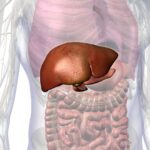
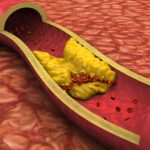















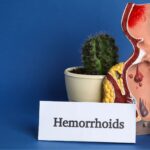


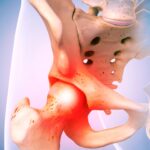
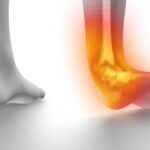



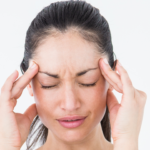




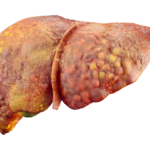
























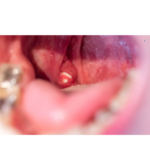



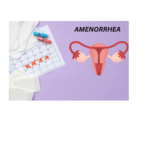



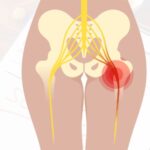

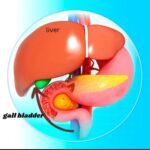
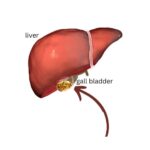












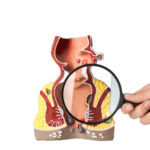







Sir im suffring in this disease last 2 years
What’s Going down i am new to this, I stumbled upon this I have discovered It absolutely useful and it has helped me out loads. I’m hoping to contribute & assist other users like its helped me. Great job.